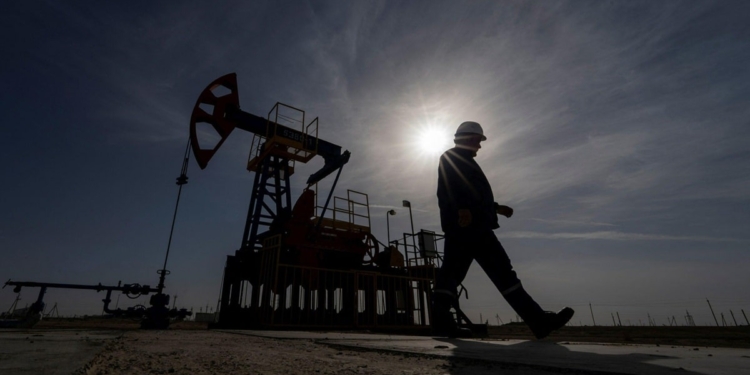The head of government, Sarra Zaafrani Zenzri, announced that the State intends to revitalize the hydrocarbon sector by adopting legislation favorable to investment and revising the hydrocarbon code. The objective: to strengthen energy sovereignty and fill the growing deficit caused by the decline in national production.
A sector in decline and reforms in preparation
Presenting the draft state budget and the 2026 economic budget before a joint plenary session of the Assembly of People’s Representatives (ARP) and the National Council of Regions and Districts (CNRD), Sarra Zaafrani Zenzri indicated that hydrocarbon production fell by almost 30% between 2021 and 2025.
This decline is explained by the reduction in the profitability of several oil fields, notably those of El Borma and Achtrat, but also by the disengagement of large international companies. Result: the country’s energy independence rate fell from 93% in 2010 to only 41% in 2024.
To reverse this trend, the government plans, from 2026, to relaunch research, exploration and development activities for deposits. Measures will be taken to “restore investor confidence”, in particular by simplifying and accelerating authorization procedures and highlighting the most profitable sites.
Focus on renewable energies
At the same time, the executive intends to intensify energy transition efforts, with the ambition of producing 35% of national electricity from renewable energies.
According to the head of government, several solar projects, totaling 800 megawatts, were awarded in the first half of 2025. Among them are a 100 MW photovoltaic plant in Matbasta (Kairouan), as well as two 50 MW stations in Sidi Bouzid and Tozeur, three of which will come into service by the end of the year.
New licenses have also been granted for four additional solar units, while two combined cycle power plants are operational in Sfax. These initiatives are in addition to projects carried out within the framework of licensed production and self-production.
The head of government stressed that renewable energies today represent a major center of attraction for investors. Between January and September 2025, declared investments in this area reached around 1.66 billion dinars, or 28% of the national total.
She recalled that these results are part of the implementation of the national energy transition strategy, supported by solid partnerships with experienced operators and a modernized legal framework, including the concession system.
A long-term vision
Sarra Zaafrani Zenzri also mentioned two structuring projects. The Tunisia-Italy electricity interconnection (ELMED), which will make the country a regional clean energy hub; and the national energy transition program, with funding of 343 million dinars, intended to further develop production from renewable resources.
Read also








